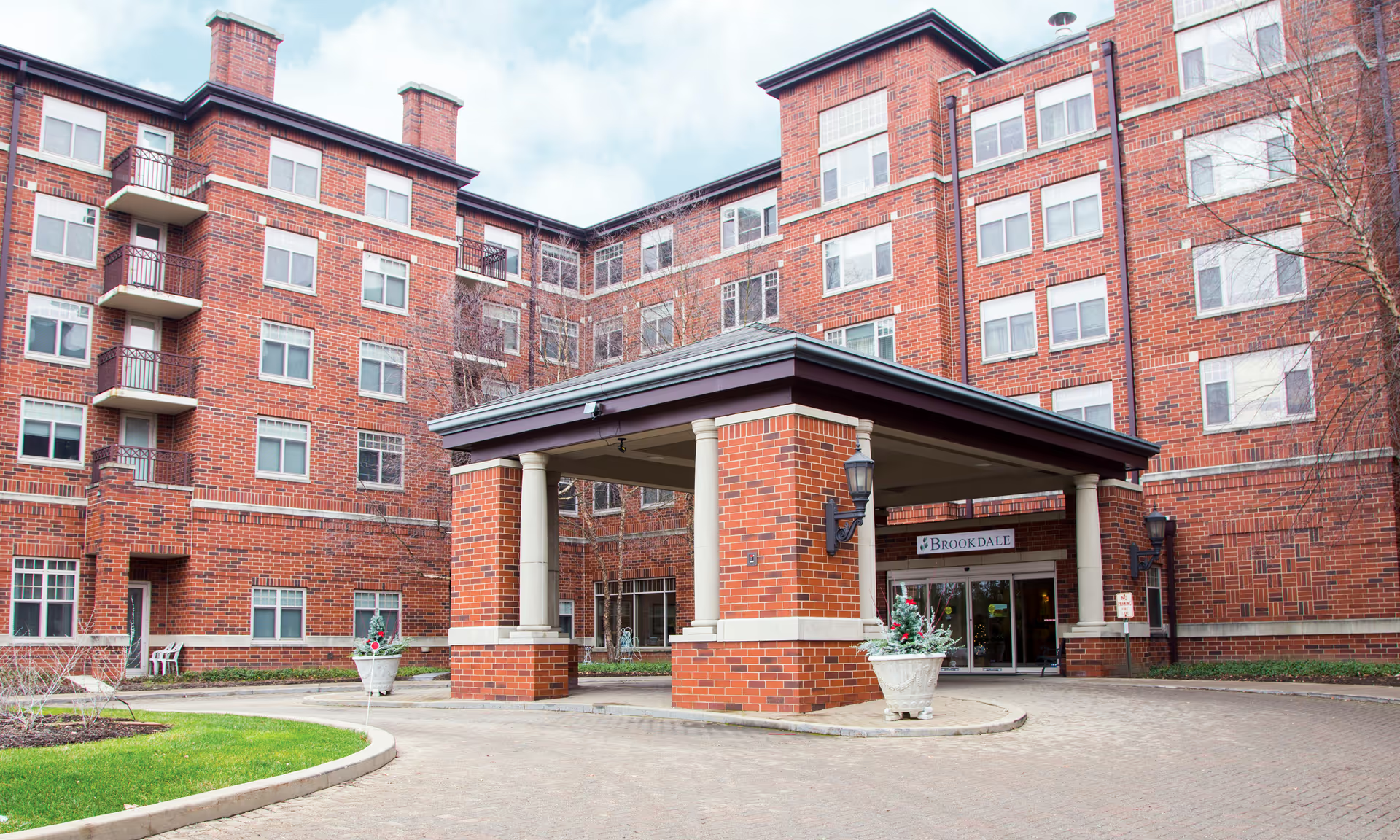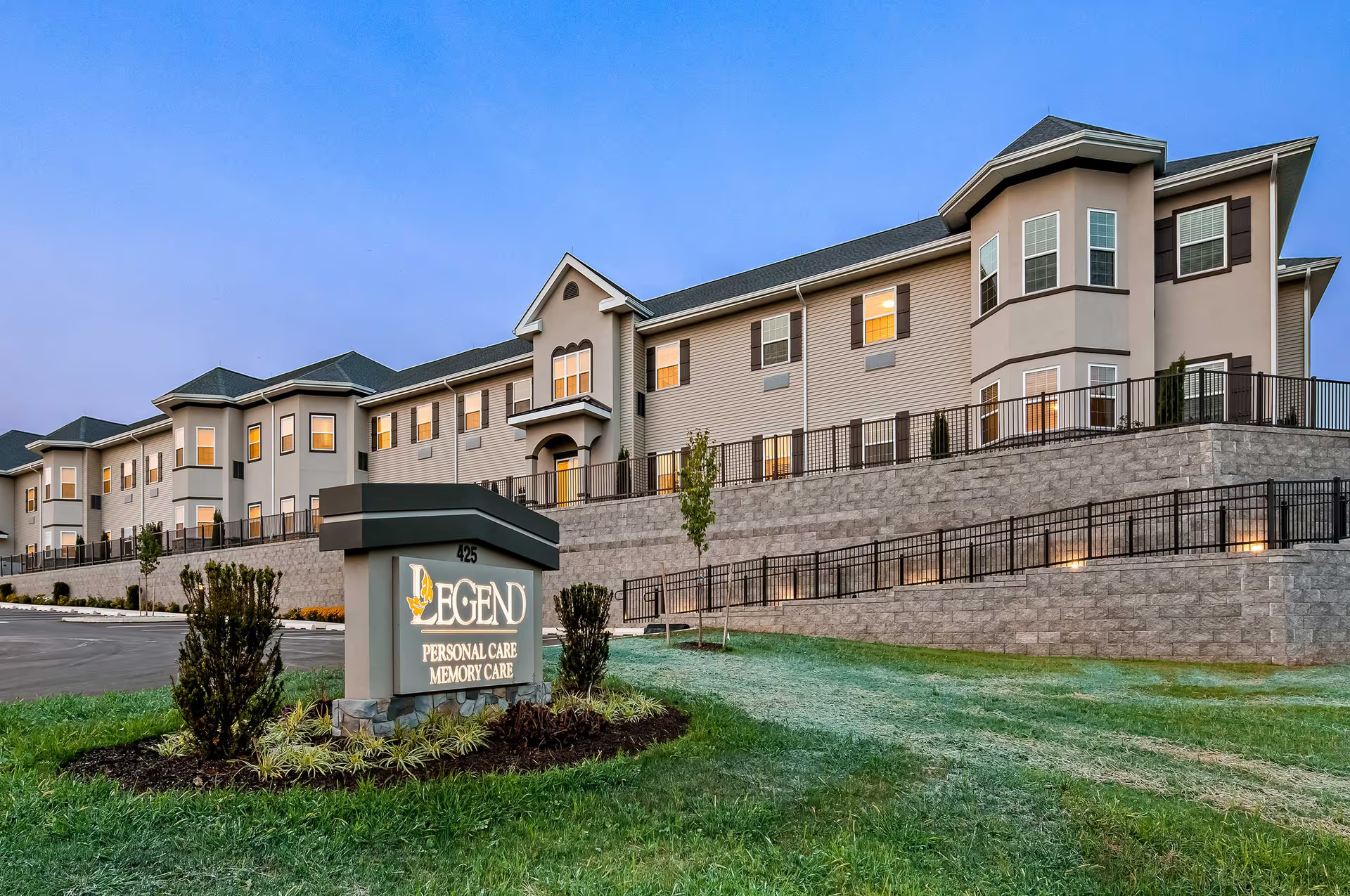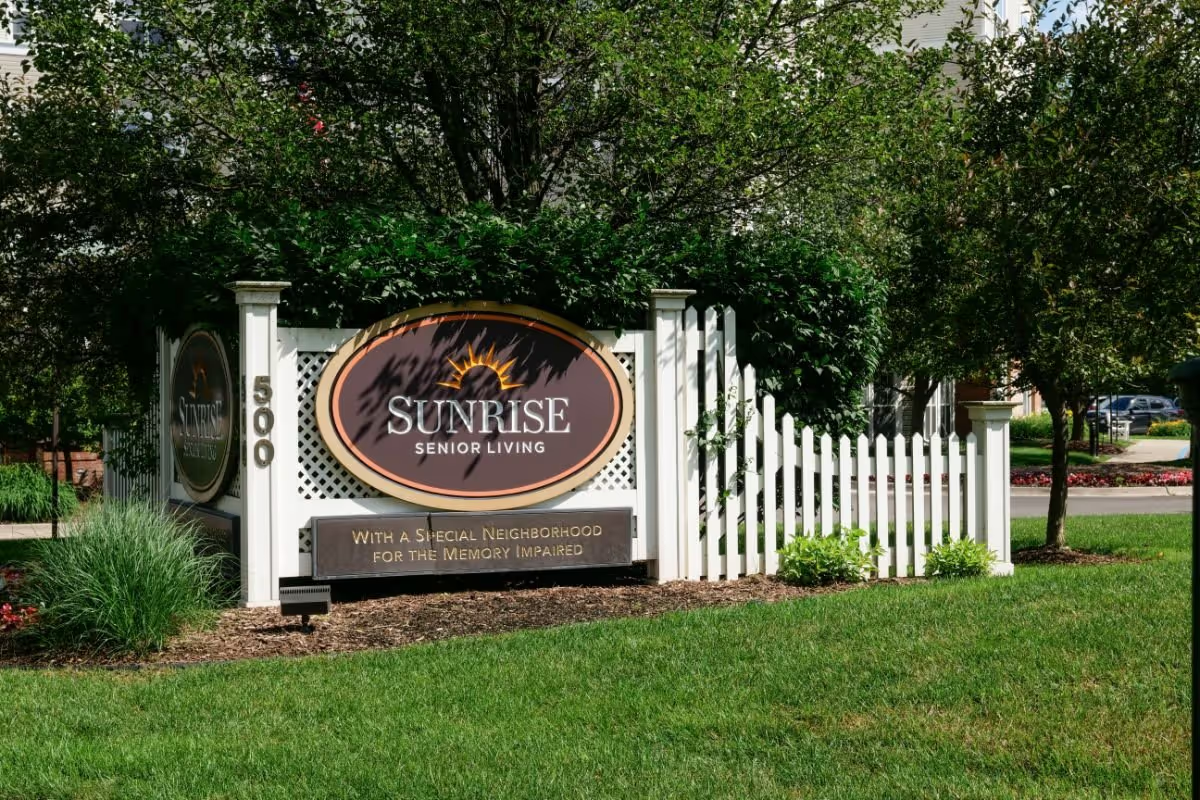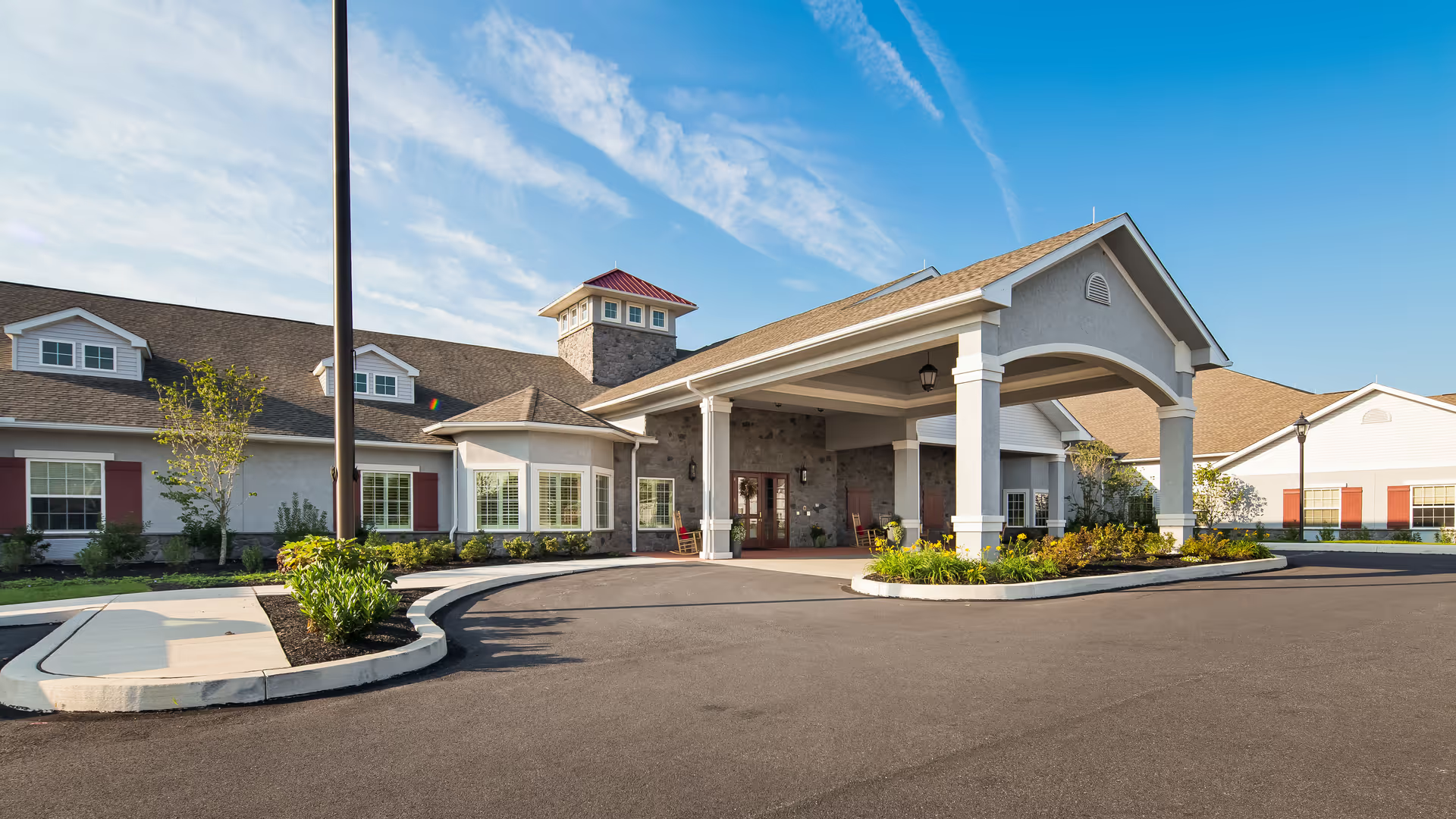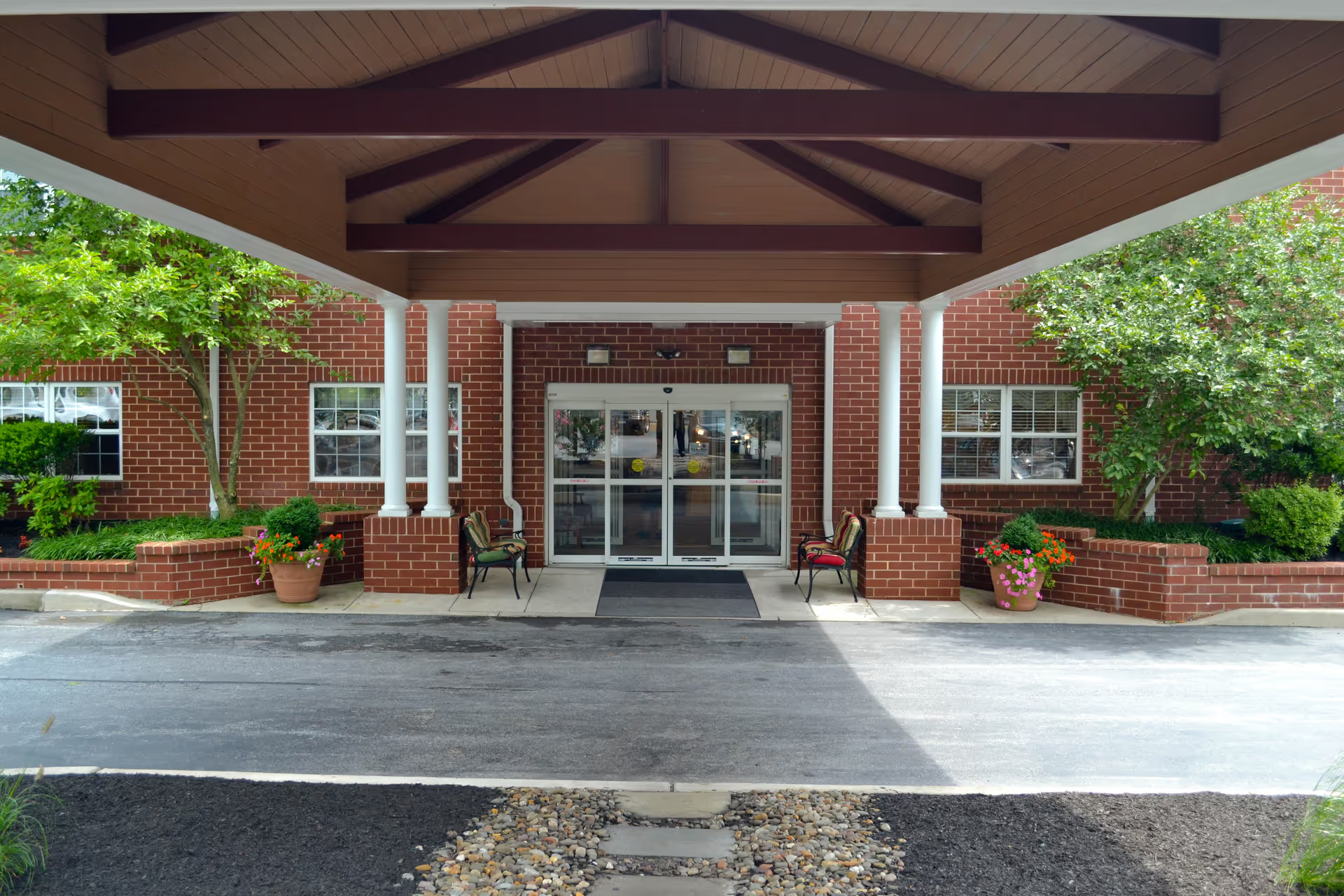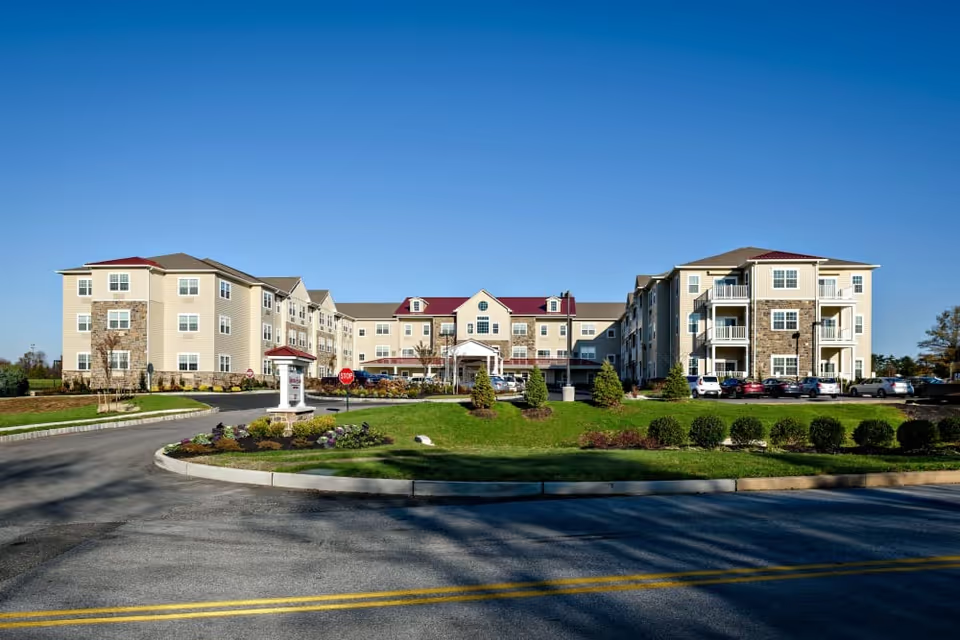Overall sentiment: Reviews for Peregrine Senior Living at Cheektowaga are strongly mixed, with a large number of very positive accounts balanced by a significant minority of serious negative reports. Many families and residents describe Peregrine as a clean, welcoming community with compassionate direct-care staff and a broad activity schedule that creates a family-like atmosphere. At the same time, a recurring pattern of staffing shortages, management inconsistency, and a range of safety and operational complaints appear frequently enough to be notable. The overall picture is of a facility that delivers excellent experiences for many residents but also has vulnerabilities that can result in substandard outcomes for others depending on timing, staff on duty, and specific unit placement.
Care quality and staff: The single most common positive theme is praise for caregiving staff — nurses, CNAs, aides, and activities personnel — who are repeatedly described as caring, attentive, and person-focused. Multiple reviews mention staff going above and beyond, knowing residents by name, providing compassionate one-on-one attention, and creating strong bonds with families. This leads many relatives to report peace of mind, improved resident mood, and satisfaction with long-term placements.
Conversely, a consistent negative theme is staffing instability. Reviewers report frequent turnover, use of temporary staff, and periods with insufficient staffing levels (including reports of no RNs on site during some shifts). These shortfalls are linked to incidents such as missed or delayed assistance, inconsistent personal care (bathing, toileting, room cleaning), medication administration concerns, and even falls or hospital transfers in some accounts. Several reviewers explicitly attribute care decline to understaffing and say management blames other causes or fails to act. There are also isolated but serious allegations of unprofessional behavior, disrespect, and even discrimination by some staff members.
Facilities and maintenance: Many reviewers praise the facility's physical environment: bright, clean common areas, updated and spacious apartments with kitchenettes, a pleasant dining room, an attractive lobby, and outdoor courtyard/gazebo spaces. Memory care has dedicated spaces and programming in several reports. However, there are also reports that remodeling is uneven (upstairs better than downstairs), some areas appear dated or in need of repair, and maintenance responsiveness can be inconsistent — with a few accounts of delayed or poor repairs, flooded toilets, and weekend gaps in maintenance coverage.
Dining and meals: Dining receives mixed but generally positive reviews. Numerous families describe good meals, generous portions, homemade touches like soup starters, and attentive dining staff who check on residents. There are many mentions of holiday meals and special dining events that are well-received. At the same time, reviewers raise concerns about meal temperature (food not hot), bland or overcooked dishes, limited fruit/vegetable choices at times, and occasions when dining staff shortages affected service or access to food (missed meals, locked refrigerators). Some families praise personalized meal attention and staff who prompt residents to eat, while others say assistance is inconsistent.
Activities and social life: Activities are a widely cited strength. Reviews highlight daily programming: exercise classes, music and concerts, crafts, bingo, Wii bowling, manicures, outings (casinos, scenic rides, lunches), holiday parties, and religious services. Many reviewers say activities improve mood and social engagement. Yet several families also report cancellations, limited engagement especially for less mobile residents, and outings that fall through due to transportation or wheelchair availability. Memory-care-specific programming is noted positively by many, but a subset of reviewers feel memory residents are understimulated or not closely supervised.
Management, communication, and policy issues: Management receives polarized feedback. Some residents and families commend administration for being proactive, collaborative, responsive, and communicative — describing smooth transitions, helpful admissions, and problem resolution. Others report broken promises, unreturned calls, rude or uncaring administrators, and meetings that produce little follow-through. Financial concerns recur: reviewers cite high charges, rising fees, lack of Medicaid acceptance, pharmacy switches that increase costs, and perceived mismatch between price and consistent service levels. Several reviews report missing personal items and a few allege theft; these incidents combined with poor communication intensify family worry.
Safety and clinical oversight: While many accounts affirm coordinated care and attentiveness to activities of daily living, there are repeated, serious safety-related claims from a minority of reviewers: falls, unsupervised residents, ambulance transfers, and alleged overmedication or medication errors. These are often linked to staffing shortfalls, lack of experienced clinical staff on some shifts, or administrative lapses. Conversely, other reviewers explicitly praise medication management and coordinated nursing/dietary/therapy collaboration. This bifurcation suggests variability in clinical oversight depending on day, shift, or specific caregivers.
Patterns and interpretation: The volume of positive testimonials indicates that Peregrine is capable of providing warm, engaging, and medically appropriate care in many instances — especially when staffing is stable and experienced team members are on duty. However, the frequency and seriousness of negative reports point to systemic risks: staffing shortages and turnover, variable management responsiveness, inconsistent enforcement of policies (security, housekeeping, medication), and occasional lapses in safety and dignity. The coexistence of strong praise and strong criticism suggests that prospective residents’ experiences may depend heavily on timing (which staff and management are present), the individual needs of the resident (higher-acuity needs appear more at risk), and the specific unit or apartment assigned.
What families should watch for: Prospective families should validate current staffing stability, ask about recent turnover rates, request information on RN coverage and medication administration protocols, and inquire how the facility handles staffing gaps (use of agency staff, overtime, etc.). Visit during different times and shifts, talk to current families if possible, observe meal service, and ask for a written explanation of fees, pharmacy policies, and incident reporting procedures. For memory care residents, inquire about dementia-specific engagement, supervision ratios, fall-prevention measures, and documentation of past incidents.
Bottom line: Peregrine Senior Living at Cheektowaga receives many strong endorsements for its compassionate staff, vibrant activities, clean and attractive environment, and moments of excellent coordinated care. However, a meaningful number of reviews raise red flags about staffing, management practices, safety, medication handling, and inconsistent delivery of promised services. The facility can be an excellent choice for some residents — particularly those with social needs and lower medical complexity — but families of residents with higher medical or supervision needs should perform detailed due diligence and seek clear, verifiable assurances about staffing, clinical oversight, and management accountability before committing.
